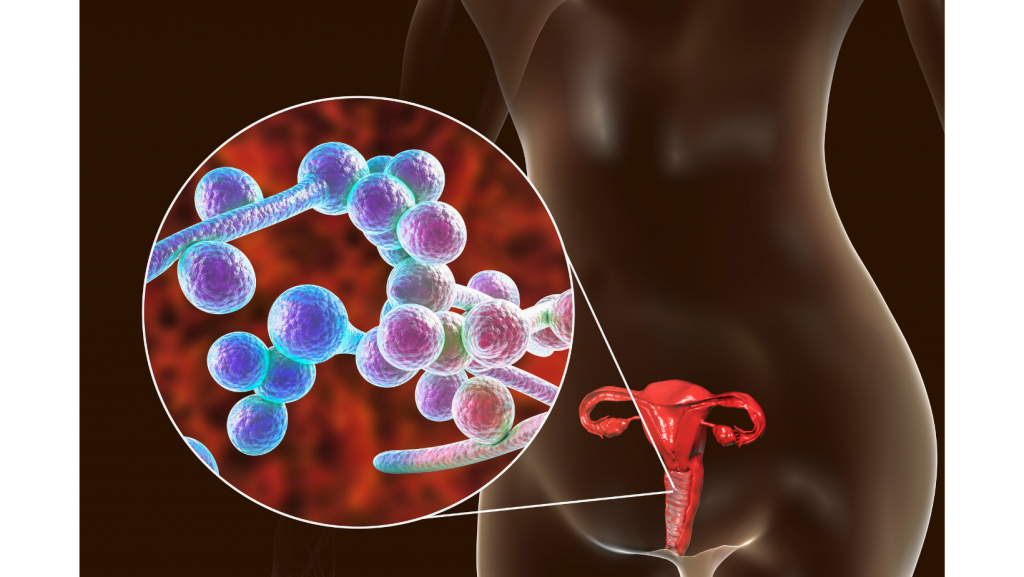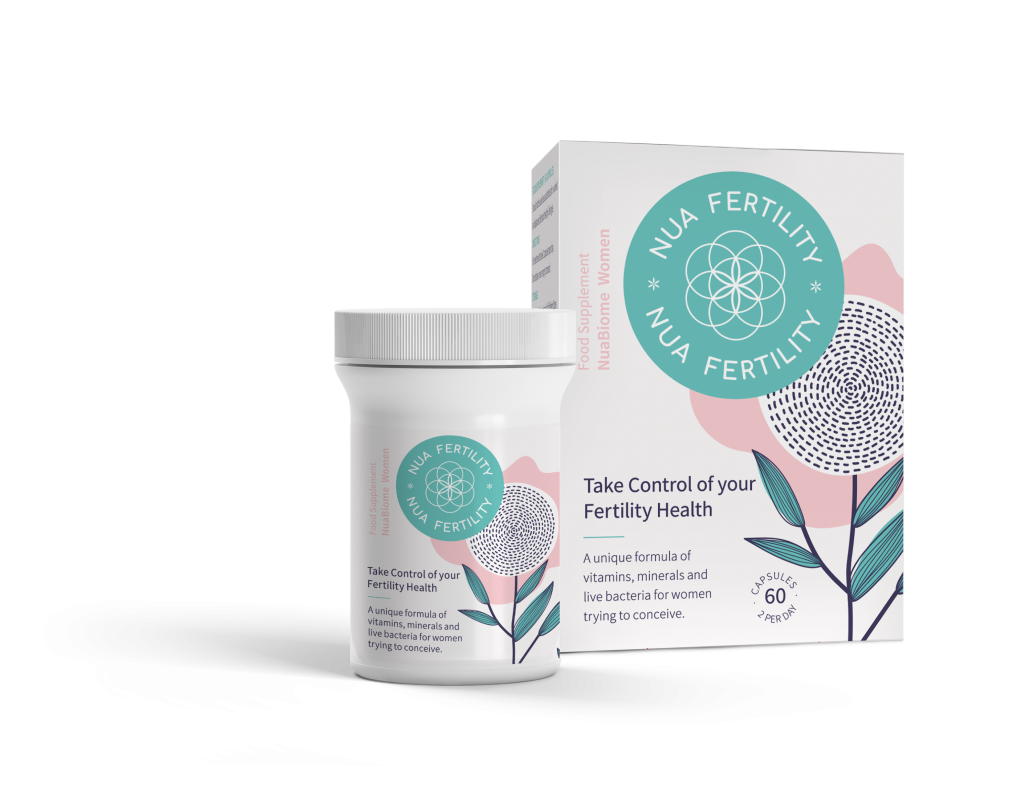What’s your reproductive microbiome got to do with your fertility

A new perspective on fertility is emerging as a result of increasing knowledge about the microbiome – and its role in reproductive health. The role of the human microbiome has been underestimated and in general, microbes were considered a threat to human health. Due to advances in sequencing technology, the literature has started to highlight the role of commensal bacteria (the bacteria that live in harmony with the host) in normal physiology.
There is symbiotic relationship between microbial communities and the human host, the host provides the nutrients to support bacterial growth, while the microbial communities provide defence against pathogens, shape the development and maturation of the immune system, help to digest food and fibre, produce vitamins and metabolize xenobiotics
There are several distinct site of microbiomes, the gut having the most dense and diverse microbial community. In the lower reproductive tract, a healthy microbiota is dominated by Lactobacillus species. Lactobacilli are bacteria that produce lactic acid and protect the vagina by sustaining a low pH that is prohibitive to the growth of most bacteria. The upper reproductive tract, long considered sterile, also has its own specific microbiota, which is 100 to 1000 times less dense
, but dominated by a greater variety of bacterial species and also different strains of Lactobacillus than the healthy vaginal microbiota
So what’s all this got to do with my fertility.
The research is indicating that the vaginal and endometrial microbiomes are important in female reproductive health.
The vaginal microbiome plays an important role in protecting the vagina – the first barrier from the external environment to the upper reproductive tract.
Bacterial vaginosis is one example of an altered state of the vaginal microbiome, characterized by depletion of Lactobacillus and increased diversity of anaerobic bacteria. Bacterial vaginosis affects 20–50% of reproductive-age women and it represents a risk factor for subfertility and infertility
Increased presence of specific bacteria (Atopobium vaginae, Ureaplasma vaginae, U. parvum, U. urealyticum and Gardnerella), normally observed in asymptomatic bacterial vaginosis, together with higher abundance of Candida and reduced vaginal and cervical Lactobacillus, is often present in women with fertility problems
vaginal dysbiosis reduces the local defences against sexually transmitted pathogens and ascension of pathogens up the fallopian tubes can affect reproductive health
Reduce success in IVF outcomes associated with implantation failure
Increase miscarriage rate and preterm birth
Signs of possible vaginal dysbiosis:
Problems TTC
Itching Vaginal/valva area
Recurrent Thrush
Unusual Discharge
Fish smell
Possible Therapies
Testing the vaginal microbiome through a practitioner using https://invivohealthcare.com/products/diagnostics/vaginal-ecologix/
Targeted probiotics can replenish depleted microbiota, restore healthy conditions and consequently help treat infections and illness
NuBiome Unique Supplement combing vitamins, minerals and specific probiotics for conception

Recent Comments